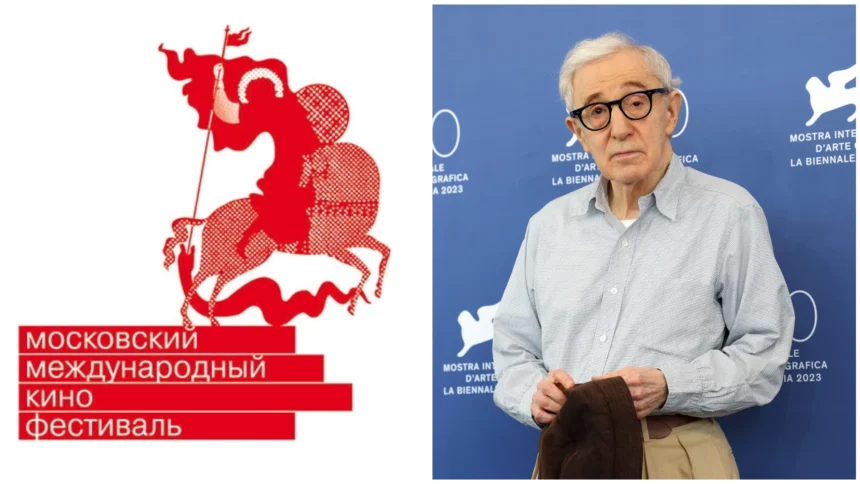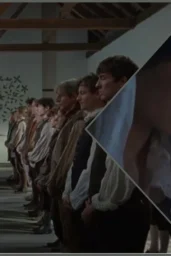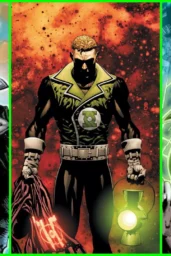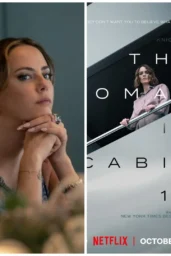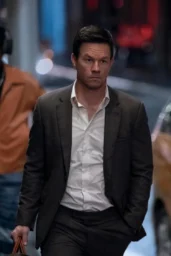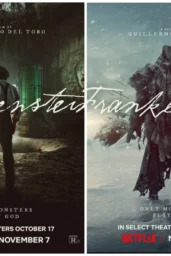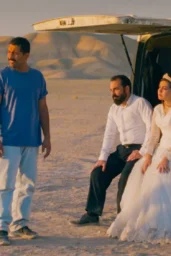The outrage was predictable. The reasoning, less so. When Woody Allen appeared virtually at the Moscow International Film Week on August 24, 2025, critics rushed to call it a disgrace. Ukraine's Ministry of Foreign Affairs denounced him. Social media lit up with condemnation. And yet, for all the noise, nobody paused to consider the one thing Allen actually said: “Cutting off artistic conversations is never a good way to help.”
He's right. Cinema has always been bigger than politics. We know this because history shows it: Eisenstein reinvented montage under Stalin. Tarkovsky dreamed beyond Soviet control. Bondarchuk staged War and Peace with resources only a state could provide, but the artistry was his, not the Kremlin's. Even under regimes that sought to weaponize film, artists found ways to reach across borders, to keep cinema alive as a universal language. To abandon that principle now is to surrender to the same idea that art should live or die based on political winds.
Yes, Allen condemned Putin's war directly, calling it “appalling” in his August 25, 2025 statement. That alone should settle the argument that he was endorsing anything. What he defended was dialogue—messy, compromised, imperfect, but essential. Festivals like Moscow's are not just stages for propaganda; they are often the only platforms for independent Russian and regional filmmakers to be seen outside their borders. To erase them wholesale would punish artists who may themselves oppose the very government critics want to isolate.
The counterargument is obvious: appearances like Allen's can be co-opted. And yes, Russian envoy Kirill Dmitriev wasted no time claiming it proved “Russia isn't isolated.” But propaganda will always twist optics. The solution is not silence, but louder voices. Pretending Russian cinema does not exist will not end the war. It will only sever audiences from stories that matter, from filmmakers who may one day define the post-war cultural landscape.
Woody Allen, at 89, has nothing to gain from this. Hollywood exiled him long ago. His European projects are collapsing. If he wanted comfort, he would simply disappear. Instead, he keeps talking about cinema—because for him, survival means staying in the conversation. That persistence may frustrate his detractors, but it underscores a truth the industry needs to hear: art should not be quarantined.
So yes, criticize the politics. Condemn the war. But don't pretend that cultural exchange is complicity. Cinema has endured worse storms, and it has always mattered more when bridges stayed open. Woody Allen's defense may not be fashionable, but it is correct. Art outlasts borders. Always has. Always will.
Why Allen's Defense Rings True
Cinema Transcends Politics
From Tarkovsky to Eisenstein, Russian filmmakers proved that even under oppressive regimes, art found ways to speak beyond politics.
Allen Condemned the War Clearly
In his August 25 statement, Allen called Putin's invasion “appalling”—his defense was about cultural dialogue, not political endorsement.
Festivals Are Lifelines for Artists
Moscow International Film Week, despite state sponsorship, gives independent and regional filmmakers a stage they might otherwise lose.
Silence Only Strengthens Isolation
Pretending Russian cinema doesn't exist won't punish leaders—it erases stories from artists who deserve to be heard.
Art Outlasts Power
History shows that governments rise and fall, but films endure. Allen is reminding us of that simple, inconvenient fact.
Do you agree with Allen that keeping artistic dialogue alive is essential—even when politics demand silence—or do you think appearances like this are too easily hijacked?

